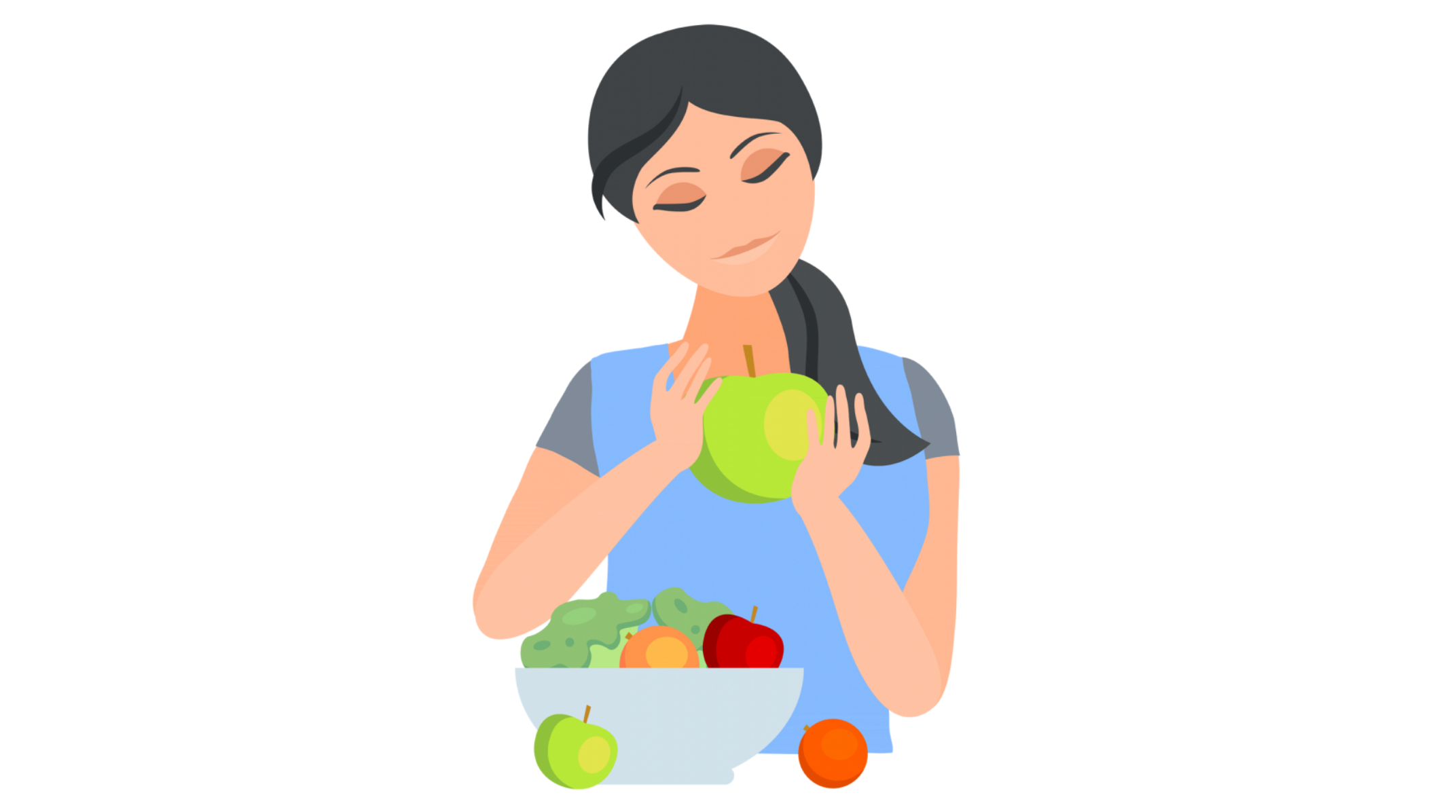Pregnancy brings joy and happiness to every woman. Besides they become conscious of their health and start their hunt for healthy, nutritious and of course appetizing foods. Having a healthy diet increases the chances of having a healthy baby free of chronic health problems.
Here is a short guide to the pregnancy diet and the foods to eat and to avoid when you are pregnant.
Major nutrients required- vitamin D and folic acid
The nutritional demands of the fetus are not very high in the first month of pregnancy. Continuing to have a healthy diet often meets those small extra demands. However, the mother should remember to have extra amounts of folic acid and vitamin D to prevent neural tube defects of the fetus. Vitamin D helps improve the blood circulation of the fetus and in improving the calcium absorption.
Sun is the natural source for vitamin D. So, start spending at least an hour a day in the early morning sunlight. Go for a walk in a park where there would be plenty of sunlight. This would not only help you get the daily dose of vitamin D but would also provide relief from early morning sickness that is generally experienced by most of the pregnant women in the first trimester.

Spinach and asparagus are rich in folic acid. Having a glass of orange juice early in the morning helps meet the folic acid demand. It even helps regulate nausea experienced during the first trimester of pregnancy.
It is recommended to take supplements for these nutrients in addition to folic acid and vitamin D rich foods.
Other essential nutrients
Nutrients like zinc, beta-carotene, calcium, protein, and iron are also considered essential during the first month of pregnancy.
Zinc
Having zinc helps in fetal growth. It also eases the labor preventing preterm delivery and long hours of labor. Zinc is also believed to arrest the intrauterine growth retardation. Baked beans are a good source of zinc. Having at least half a cup of beans meets the daily zinc requirements.
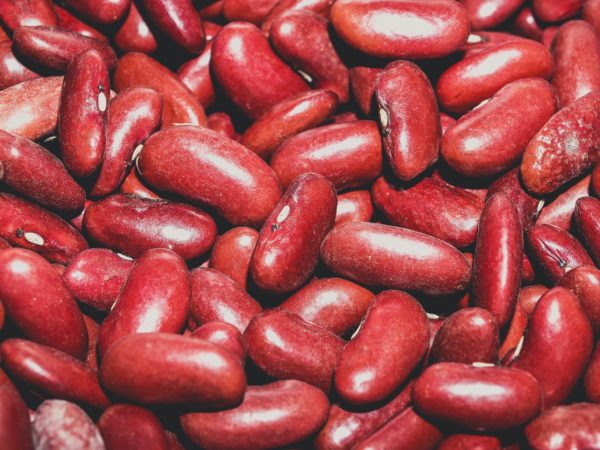
The sad part, many women do not like having the beans because of their bland taste. You can make it more appetizing by garnishing with grated coconut. However, do not make it spicy as spicy foods aggravate the problem of morning sickness.
Calcium
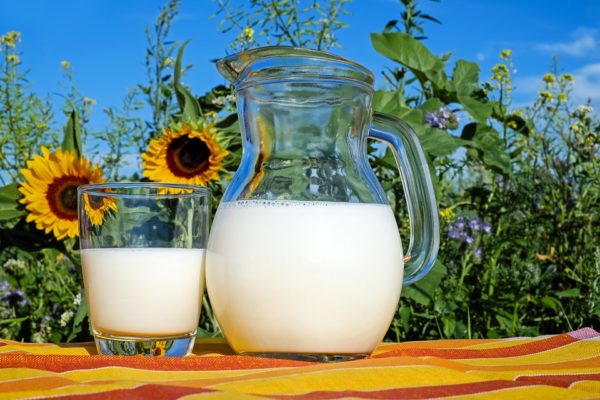
Calcium is another mineral that is essential during pregnancy. Calcium reduces the risk of low birth weight babies and preterm delivery. Dairy products such as milk and yogurt are a good source of calcium.
Beta-carotene
Vitamin deficiency during pregnancy increases the risk of infections such as flu and fevers. Having good amount of Beta carotene boosts the functioning of immune system and prevents a wide range of infections. It also helps to ensure proper cell growth of the fetus. Sweet potatoes are a good source of beta-carotene.
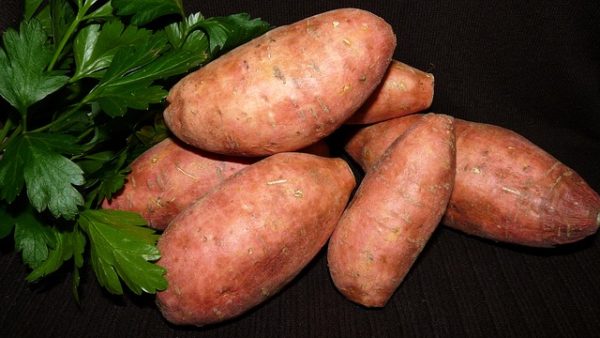
Having a cup of sweet potatoes a day prevents fatigue generally experienced during pregnancy. The starchy sweet potatoes also help to cope up with morning sickness as they are well tolerated.
Proteins
Apart from vitamins and minerals, sufficient amount of protein is required to ensure appropriate muscle growth and hormone secretion. Having pulses rich in protein helps meet the daily protein requirement during pregnancy. Well-cooked chicken and lean beef are also the good sources of protein.
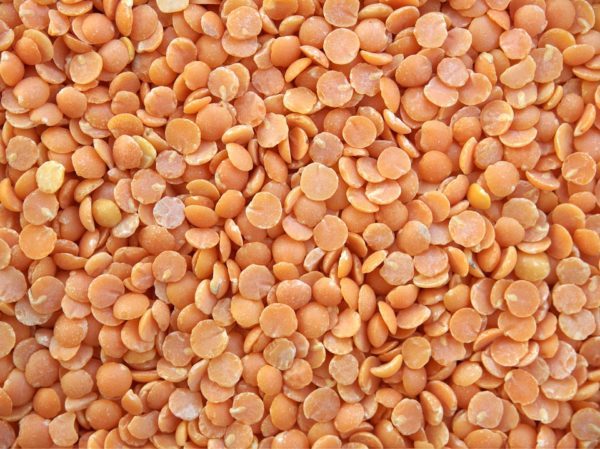
Fish is another good source of protein and DHA that helps in brain development of the fetus and prevention of neurological disorders later in life. Crush few nuts and sprinkle them on yogurt or on cereal for increased protein intake.
Foods to avoid
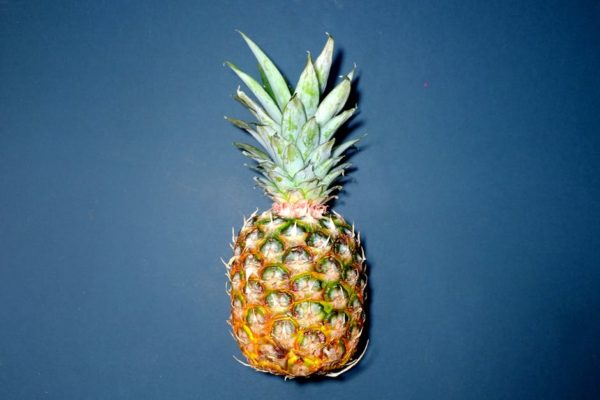
- Avoid liver, cod liver oil and vitamin A supplements as they have the toxic form of Vitamin A that is not good for the health of the fetus.
- Avoid eating raw foods such as vegetables and under-cooked meat and eggs as they may contain harmful bacteria such as E.coli.
- Avoid having certain varieties of fish such as swordfish as they contain high levels of mercury that are toxic to the growing fetus. Mercury hampers the fetal brain development.
- Avoid dairy products such as soft cheeses and unpasteurized milk as they may carry bacteria.
- Avoid caffeine to prevent the risk of miscarriage and to improve absorption of iron.
- Avoid raw papaya, licorice and pineapple as they induce early contractions and severe cramping resulting in miscarriage.
- Avoid alcohol to prevent miscarriage or stillbirth.
- Raw shellfish and pate including the vegetable pate to prevent the risk of bacterial infections.
Healthy food for pregnant woman
- Fruits
- Vegetables
- Dairy products

Think before having these foods
Foods such as ice-creams, chocolates, potatoes are very tasty. But, they are loaded with calories which are not required at this time of pregnancy. Have these foods in moderate quantities if you cannot resist having them.
Is nausea troubling you?
Nausea, the weird sensation to puke out is one of the common problems complained by the pregnant woman. This develops due to hormonal changes. Simple change in dietary habits often helps to overcome morning sickness.
- Include ginger in your diet. It improves digestion and keeps nausea under control
- Chamomile tea or green tea loaded with antioxidants is a magical remedy for nausea.
- Have small meals. Instead of having three heavy meals break it into six meals – Three meals and snacks in between.
- Drink plenty of fluids. Instead of drinking plain water consider having coconut water or lemon water for a refreshing energised feeling.
- Bland diet often keeps nausea under control. If you are tired of having the bland diet then try idli loaded with different vegetables, steamed corn, dhokla and paneer tikka which are not only nutritious but also good at controlling nausea.

Diet plan
Having three meals a day and healthy snacks in between ensure obtaining of sufficient nutrients during pregnancy. Include snack between the meals to prevent complete emptying of the stomach that increases the risk of acidity and nausea.
Six different breakfast varieties to have during the first month of pregnancy
- Idli/ mixed vegetable idli – mixed vegetable idli sprinkled with jeera and ginger gives relief from indigestion experienced during pregnancy. They are also very delicious so that you can have them even if you are feeling nauseated. Have idli along with sambar to make it more nutritious and delicious.

- Multi-grain Dosa: Multi-grain dosa prepared with black gram, ragi, jowar, rice, and bajra is a good source of protein.
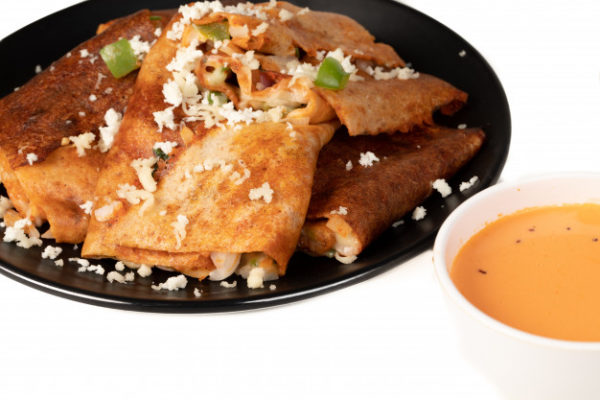
- Green gram dosa: Green gram is a good source of protein. Have it with ginger chutney to make it appetizing and easily digestible.
- Chapathi – Chapathi made from whole wheat flour serves as a source of protein and fiber. Having a good amount of fiber relieves constipation.
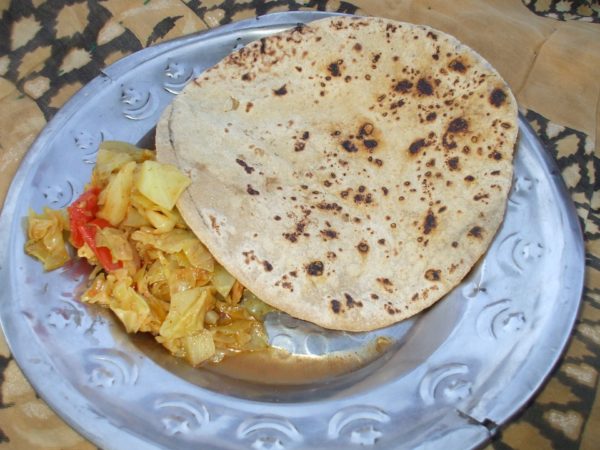
- Pongal – The combination of rice and dhal serves as a good source of protein and calories.
- Rice flake upma- This is a perfect breakfast to have during pregnancy. Rice flakes are rich in iron and are also easily digestible.
Snacks to have during the first month of pregnancy
- Fruit juices: fruit juices like watermelon juice, pomegranate, orange, and cantaloupe are good for pregnant women. Besides providing the fluid content they provide valuable nutrients like vitamin A, iron, and vitamin C.
- Custard: Milk-loaded with fruits is the best snack for the pregnant woman. It serves as a source of calcium, vitamins, and minerals.
- Steamed corn: Hot boiled corn sprinkled with pepper tastes good and provides relief from nausea.
- Dry fruits: Badam, Pista, and walnuts are ideal sources of protein and essential fatty acids. Having walnuts regularly meets the demand for essential fatty acids.

Make sure to include dhal, fish, lean meat or egg in your meal as they are the rich source of protein. Have plenty of yogurts helps to meet the calcium demand and also to curb vaginal infections. This a list of what to eat during pregnancy.

